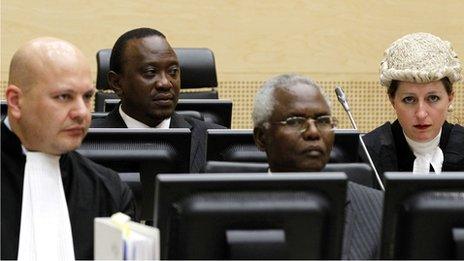Uhuru Kenyatta case: Most high-profile collapse at ICC
- Published
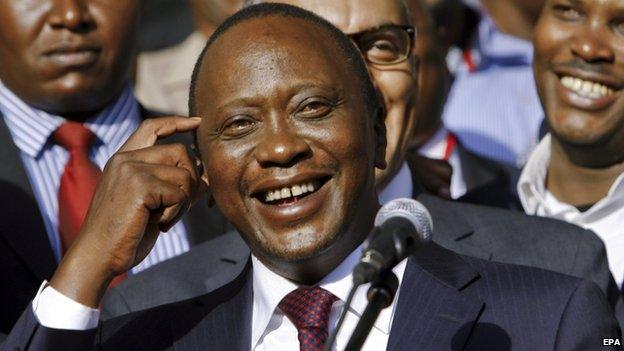
President Kenyatta tweeted his "excitement" that the charges had been dropped
This is the most high-profile collapse of a case in the International Criminal Court's (ICC) history.
On Wednesday, judges gave the prosecution an ultimatum - find enough evidence to justify a trial of Kenyan President Uhuru Kenyatta or withdraw the charges.
Prosecutor Fatou Bensouda was backed into a corner and had little choice but to bow out.
She blamed the Kenyan government, accusing it of blocking her attempts to investigate the crimes and in doing so depriving the victims of their right to know the truth.
The prosecution accused the Kenyan government of failing to hand over what it described as vital evidence - phone records and bank statements belonging to the president - which it alleges may have shown a link between Mr Kenyatta and the Mungiki street gang, who it was claimed, the president commissioned to carry out the killings.
Ms Bensouda said her efforts had also been hampered by an unprecedented effort to intimidate and interfere with witnesses.
She referred to "a social media campaign to expose the identity of protected witnesses" along with "concerted and wide-ranging efforts to harass, intimidate and threaten individuals who would wish to be witnesses".
Liz Evenson, a senior international justice counsel at Human Rights Watch, has also been critical of what she describes as the Kenyan government's failure to co-operate.
"The dropping of charges against President Uhuru Kenyatta of Kenya sets back efforts to end the country's entrenched culture of impunity. It's clear that a long tradition of impunity in Kenya and pressure on witnesses have been serious obstacles to a fair process before the ICC," Ms Evenson said.
'Multiple failures'
Uhuru Kenyatta was the first sitting head of state to be appear before the ICC.
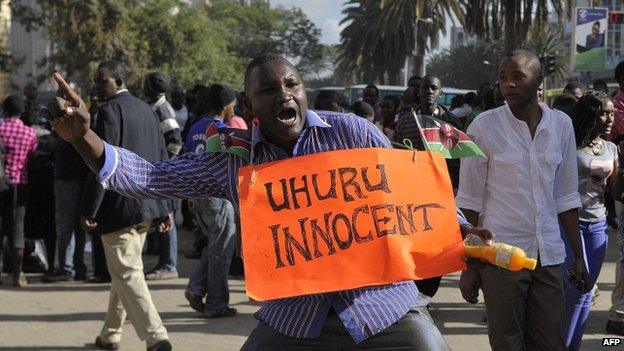
President Kenyatta's supporters celebrated on the streets of the capital Nairobi
The world's first international criminal court was designed to end impunity by trying suspects when states were unwilling or unable to do so and thus providing a platform to hold the most powerful leaders to account.
What the Kenyatta case proves is that this is no easy task.
The prosecution was asking the Kenyan government to hand over documents that may have incriminated its own leader and asking witnesses to testify against the head of the most powerful institution in the country.
The withdrawal of the charges has also called into question the credibility of the already controversial court and raises questions about the ability of the prosecution to actually secure the evidence against those it accuses of being responsible for the gravest crimes.
Some legal experts have accused the prosecution of using the missing documents and disappearances of witnesses as excuses to disguise the multiple failures of its investigation into the post-election violence.
"The evidence is not good enough. The prosecutor didn't do enough in her capacity. She didn't explore other avenues. Symbolically, it's not good," said Dov Jacobs, a professor of law at the University of Leiden.
"It illustrates the point that it's difficult to investigate sitting heads of state. To have it collapse in such a massive way is not a good indication."
The collapse of the Kenyatta case highlights a fundamental weakness at the heart of the world's first global criminal court. It is an institution that relies on countries to co-operate in providing evidence but lacks any real power to compel them to do so.
Kenyatta tweets
The ICC judges have shown they will only send a suspect to trial if there is solid evidence.
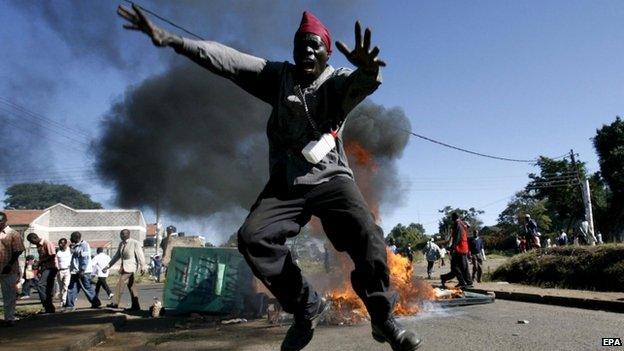
The post-election violence in 2008 scarred Kenya
The failure of this case will do little to improve the reputation of the court which many critics say unfairly targets the African continent.
President Kenyatta tweeted his "excitement" that the charges had been dropped. A series of tweets from the Kenya State House account were accompanied by "#vindicated".
The most poignant disappointment will be that felt by the victims.
So far no-one has been held accountable for their losses. Many remain in hiding and some saw the ICC as a place where they may one day secure justice.
The lawyer representing the victims said their faith had been shattered.
"Many victims are deeply shocked by today's news and feel betrayed.
"Look at Kenyatta's Tweets, he makes promises to bring justice to the victims domestically. It is now imperative that the Kenyan government makes good on those promises.
"This is what will help to heal the wounds and help Kenya to move on. The victims' expectations of justice were raised by ICC - quite clearly justice has not been delivered," the lawyer said.
The withdrawal of the charges means the most high-profile trial in the court's history is over before it even began.
Now the question is, when and where will justice be secured?
- Published5 December 2014
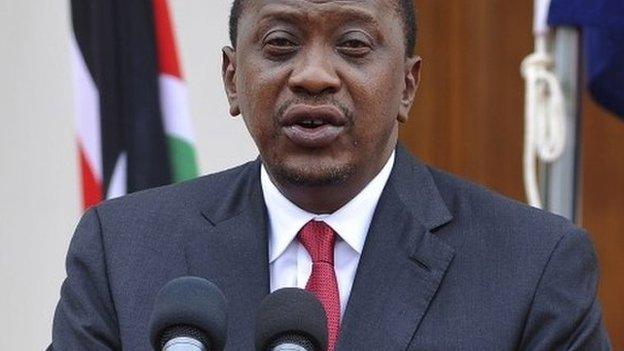
- Published5 December 2014
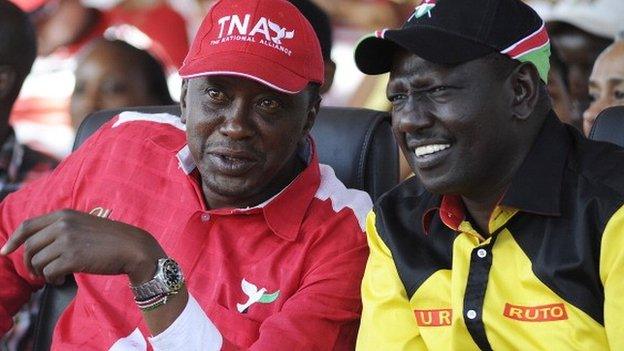
- Published5 December 2014
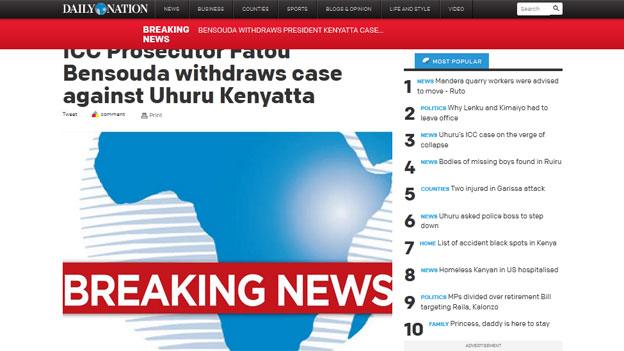
- Published7 February
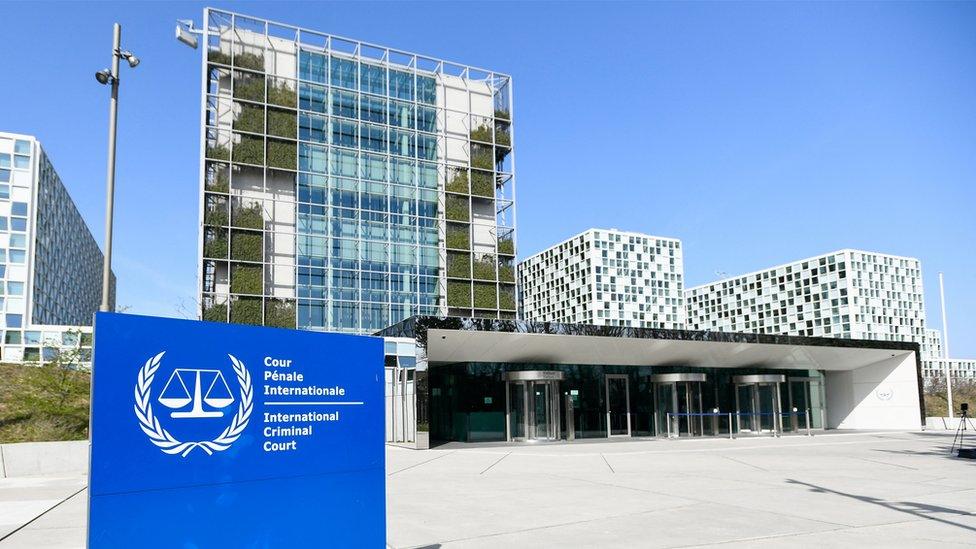
- Published10 September 2013
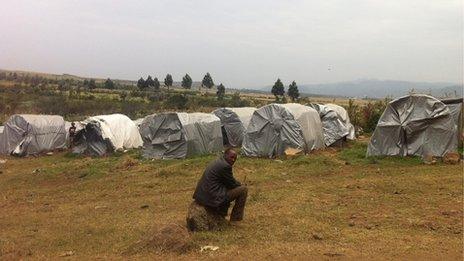
- Published27 November 2017
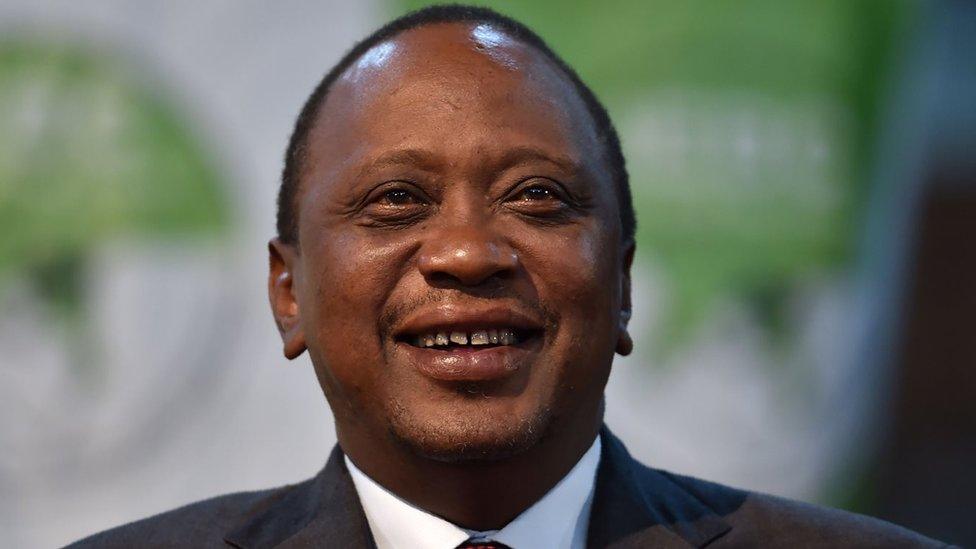
- Published8 October 2014
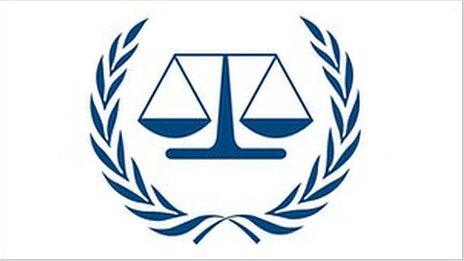
- Published11 October 2013
